
Show Your WorkArtificial Intelligence
How we tested and evaluated AI-generated dance videos
None of the videos produced by the leading AI platforms showed the actual dances we requested.
Challenging technology to serve the public good.

Show Your WorkArtificial Intelligence
None of the videos produced by the leading AI platforms showed the actual dances we requested.
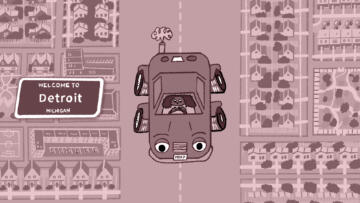
Show Your WorkPremium Penalty
We found that Michigan’s reforms allowed auto insurers to charge higher rates in Black neighborhoods
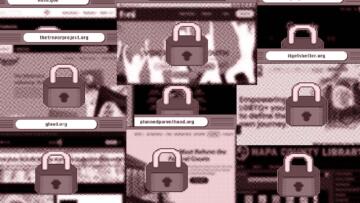
Show Your WorkDigital Book Banning
We requested records from 26 districts in 11 states. Ten turned us down on cybersecurity grounds.

Show Your WorkAutomated Censorship
We found that Instagram heavily demoted nongraphic images of war, deleted captions and hid comments without notification, suppressed hashtags, and limited users’ ability to appeal moderation decisions
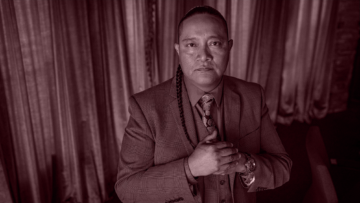
Show Your WorkOrgan Failure
We found Native Americans were listed for a transplant significantly less often than other racial groups compared with their number of deaths from liver disease

Show Your WorkNeighborhood Watch
In Los Angeles, residents in Whiter and wealthier areas post more often on Neighbors, but do not report a higher crime rate
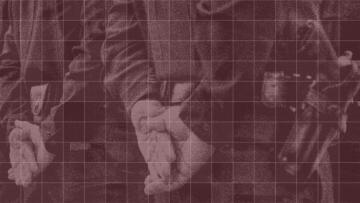
Show Your WorkPrediction: Bias
We found that Geolitica’s crime prediction algorithm had a success rate of less than 1% in Plainfield, New Jersey
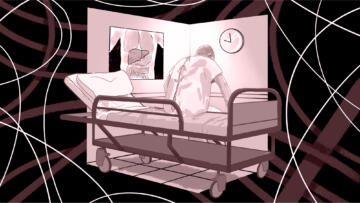
Show Your WorkOrgan Failure
We found that new requirements led to plummeting transplants in some poorer states while New York and California saw big gains
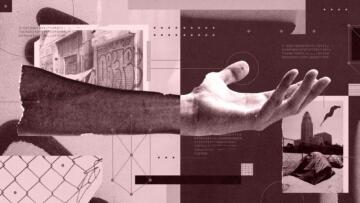
Show Your Work
Year after year, White people have been rated highly “vulnerable” more often than Black people

Show Your WorkStill Loading
AT&T, Verizon, EarthLink, and CenturyLink disproportionately offered the worst deals to lower-income areas and communities of color across the country—while charging the same for faster speeds in higher-income and Whiter areas
Page 1 of 3